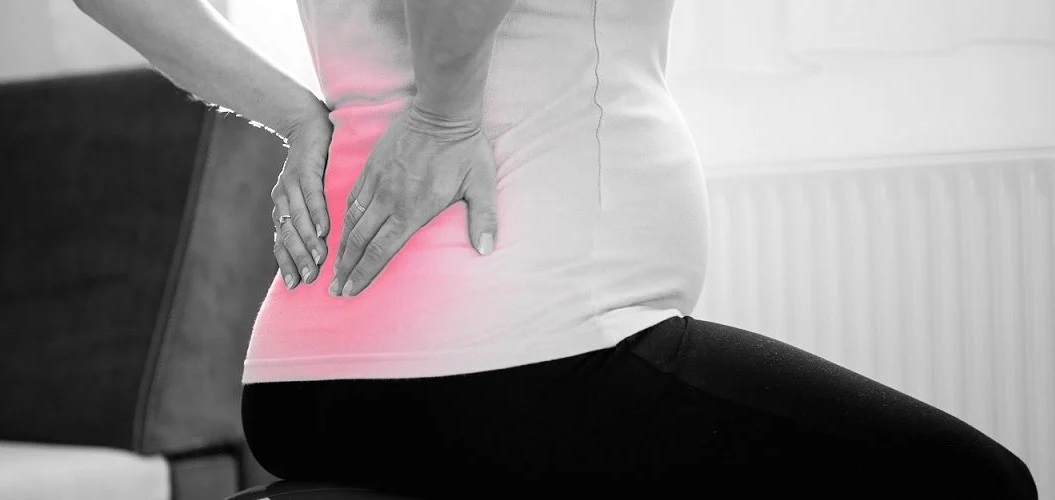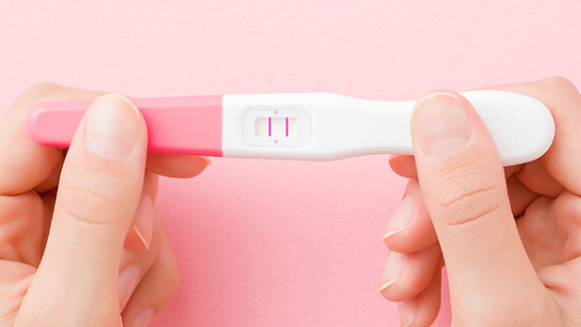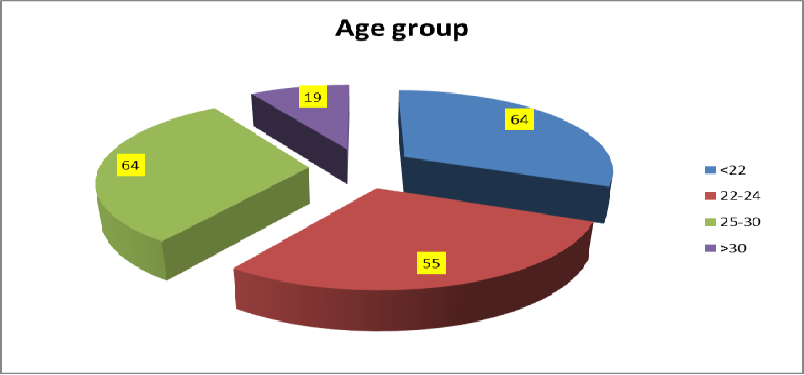Introduction:
Experiencing lower back pain during early pregnancy is a common concern for many expectant mothers. This discomfort, often arising in the first trimester, can be attributed to hormonal changes, the body’s preparation for labor, and the strain on the lower back and pelvis. In this comprehensive guide, we will explore the causes, preventive measures, and effective ways to alleviate lower back pain during the early stages of pregnancy.
Understanding the Causes of Lower Back Pain During Early Pregnancy:

Lower back pain in early pregnancy is primarily influenced by hormonal changes, specifically the increased levels of progesterone and relaxin. These hormones play a crucial role in preparing the pelvic muscles and ligaments for pregnancy. However, they can lead to an overload of the back muscles and joints, causing discomfort.
Additionally, the shifting posture and center of gravity due to the growing uterus can contribute to strain on the lower back and pelvis. The softening and stretching of ligaments further exacerbate the situation, leading to increased pressure on the spinal cord and nerves.
Preventive Measures to Ease Lower Back Pain:
Maintain Proper Lifting Techniques:
– Bend your knees and keep your back straight when lifting objects from the floor.
– Avoid lifting heavy objects to minimize strain on your lower back.
Mindful Movement:
– Move your feet when turning to prevent twisting your spine.
– Distribute weight evenly by carrying bags on both sides while shopping.
Supportive Footwear:
– Wear flat shoes to evenly distribute your weight and provide adequate support.
Optimal Sitting Posture:
– Keep your back straight and well-supported when sitting, utilizing maternity support pillows.
– Use a chair with good back support and maintain proper posture.
Rest and Relaxation:
– Ensure you get enough rest, especially in the later stages of pregnancy.
– Consider massages or warm baths to relieve muscle tension.
Mattress Support:
– Use a mattress that provides proper support, and consider placing a piece of hardboard under a soft mattress for added firmness.
Back Care Classes:
– Attend group or individual back care classes for guidance on exercises and posture.
Alleviating lower back pain during early pregnancy with Exercises:
To strengthen abdominal muscles and alleviate back pain, consider the following exercise:
Hands and Knees Exercise:
– Start on all fours with knees under hips and hands under shoulders.
– Pull in your stomach muscles and raise your back towards the ceiling, maintaining a straight line.
– Hold for a few seconds and slowly return to the starting position.
– Repeat rhythmically 10 times, focusing on controlled movements.
When to Seek Help:
If lower back pain becomes severe, it is crucial to consult with a healthcare professional, especially if you experience the following:
– In the second or third trimester, as it could be a sign of early labor.
– Back pain accompanied by fever, vaginal bleeding, or pain during urination.
– Pain on one or more sides under the ribs.
In cases of immediate concern, such as loss of sensation in the legs, buttocks, or genitals, seek emergency medical attention by calling 999 or going to A&E.
Experiencing lower back pain during early pregnancy:
Lower back pain can indeed be an early sign of pregnancy. The hormonal changes and alterations in the body’s structure can lead to symptoms like radiating, sharp, persistent, or temporary pain. Other signs of early pregnancy include a missed or lighter-than-usual menstrual period, breast changes, bloating, mild cramping, fatigue, nausea, heightened sense of smell, and frequent urination.
Pregnancy Testing:
If someone suspects they are pregnant, home pregnancy tests are available. These tests detect the presence of human chorionic gonadotropin (hCG) in the urine. Clinical pregnancy tests, performed by healthcare professionals, can provide more accurate results and may include blood tests to detect hCG levels.
Treatment and Pain Relief Options:
Home Remedies:
– Use heating pads or cold compresses on the back.
– Sit in chairs with good back support or use lumbar support devices.
– Wear supportive shoes and clothing, including abdominal support garments.
– Avoid lifting heavy objects and practice proper squatting techniques.
Medication:
– Consult with a healthcare professional before taking any medication during pregnancy.
– Acetaminophen may be a safer option for pain relief compared to NSAIDs or opioids.
Professional Treatments:
– Consider non-surgical options such as back braces, physical therapy, acupuncture, or chiropractic spinal manipulation.
– Medications like anti-inflammatories or prescription pain relievers may be prescribed.
– In severe cases, surgical treatments like laminectomy or spinal fusion may be recommended.
Preventing Spinal Stenosis:
Spinal stenosis, often associated with aging and wear and tear on the spine, can be prevented or mitigated by adopting certain lifestyle changes. These include regular exercise, maintaining a healthy weight, quitting smoking, practicing proper posture, and incorporating a balanced diet.
Read more about Upper Back Pain During Pregnancy
Conclusion:
Experiencing lower back pain during early pregnancy is a common yet manageable aspect of the journey to motherhood. By understanding the causes, adopting preventive measures, and seeking appropriate treatment when necessary, expectant mothers can navigate this discomfort more comfortably. Embracing a holistic approach that includes exercise, proper posture, and a healthy lifestyle contributes to overall well-being during pregnancy. Remember to consult with healthcare professionals for personalized guidance and support throughout this transformative period.





